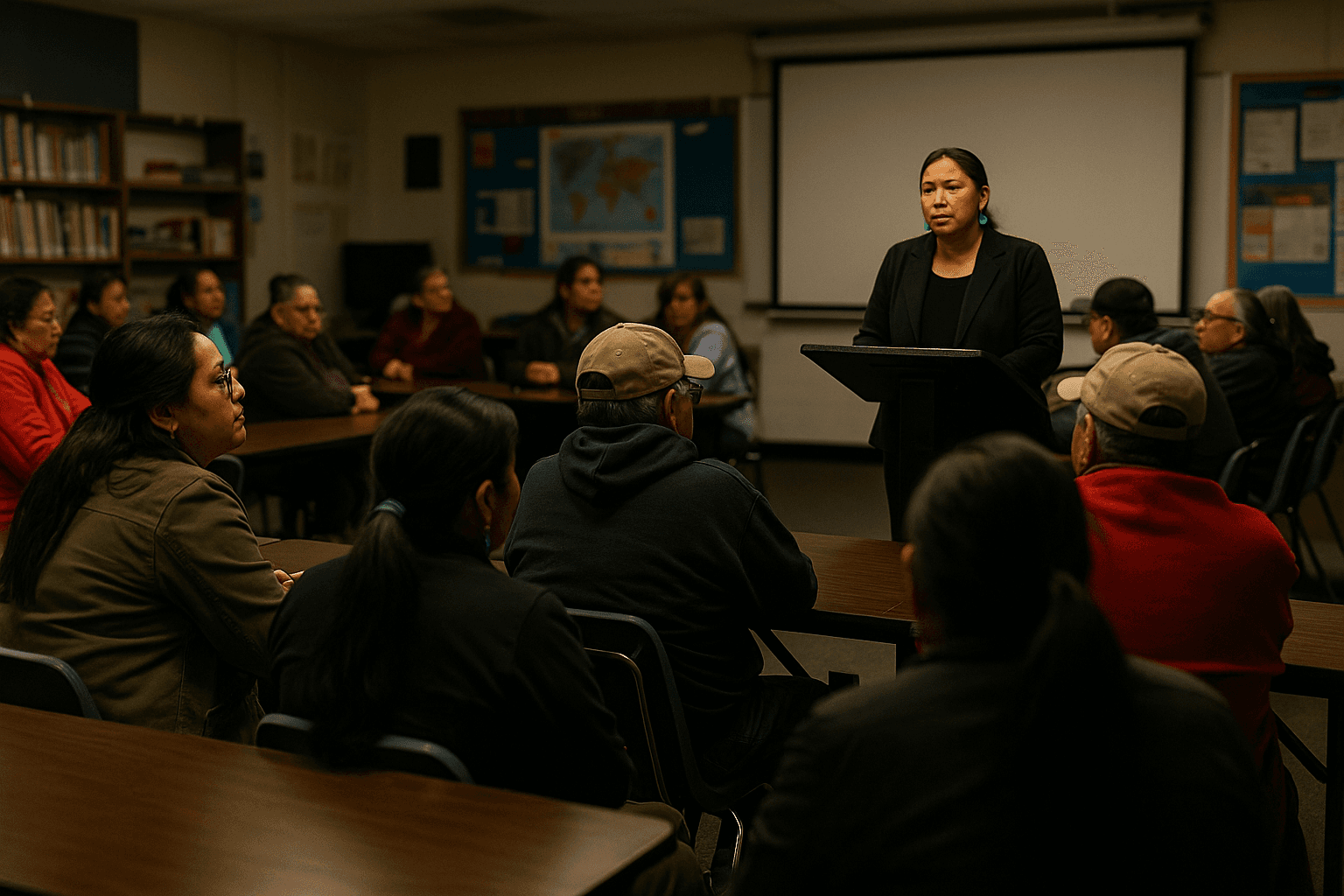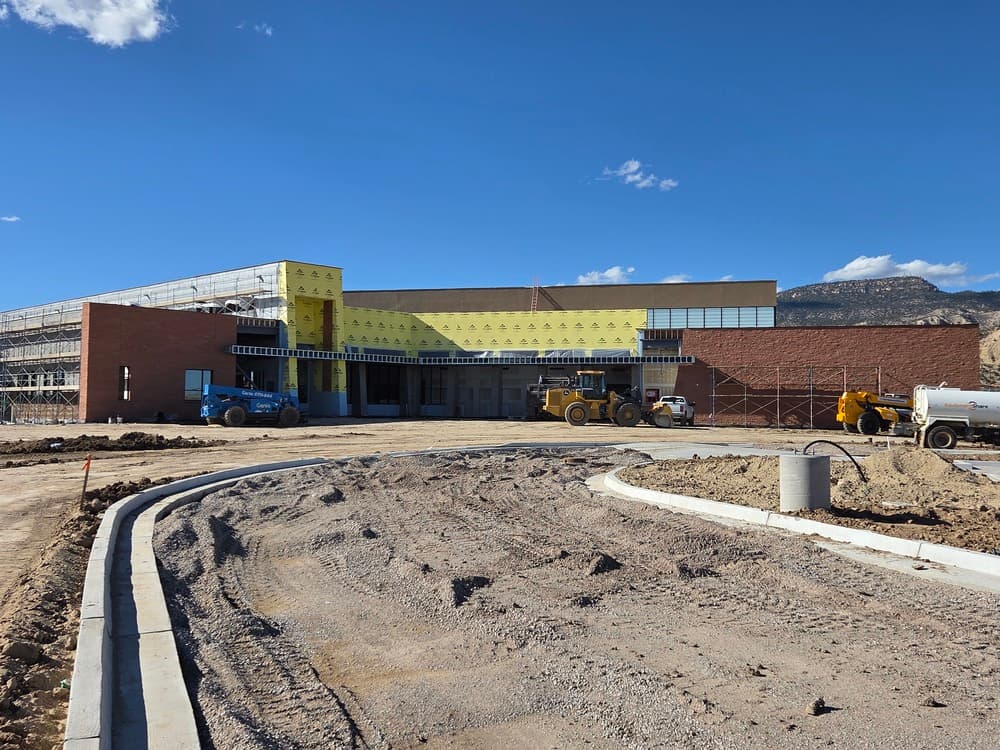GMCS Holds Parent Advisory Meeting on Heritage Language and Title VI
Gallup McKinley County Schools held a District Parent Advisory Committee meeting on November 18, where parents and community members received updates and were invited to provide feedback on the Heritage Language Program and Title VI programming. The meeting matters for local residents because community input can shape program goals, resource decisions, and how the district supports student academic and cultural needs.

Gallup McKinley County Schools hosted a District Parent Advisory Committee meeting on November 18 at the GMCS Student Support Center Board Room from 5 30 PM to 6 00 PM. The district invited parents, grandparents, and community members to attend, hear updates, share feedback, and participate in discussions about student needs and program goals.
The DPAC works in partnership with the district Cultural Education Department to support the Heritage Language Program and Title VI activities. The district's notice emphasized that the committee serves as a forum for community engagement tied to programs that affect curriculum, cultural instruction, and services for students. Contact information for Cultural Education and DPAC coordination was provided in the district announcement for those seeking follow up.
For residents of McKinley County, the meeting is part of a broader governance process through which family and community perspectives can influence district priorities. Advisory committees like DPAC provide structured opportunities for stakeholder input on program implementation, on how cultural and language instruction is delivered, and on how Title VI related services are administered. Those elements can affect classroom offerings, professional development for staff, and allocation of district resources.

The meeting's short scheduled time underscores a balance between accessibility and efficient use of participants time. The district encouraged community members to engage, signaling an intent to solicit local perspectives as programs develop and evolve. Participation in advisory meetings also plays a role in transparency and accountability because it creates a public record of community concerns and district responses.
For those who could not attend, the district post included contact information for the Cultural Education Department and DPAC coordination to submit feedback or request further information. Continued civic engagement will determine how recommendations from parents and community members are incorporated into program goals and operational decisions in the months ahead.

